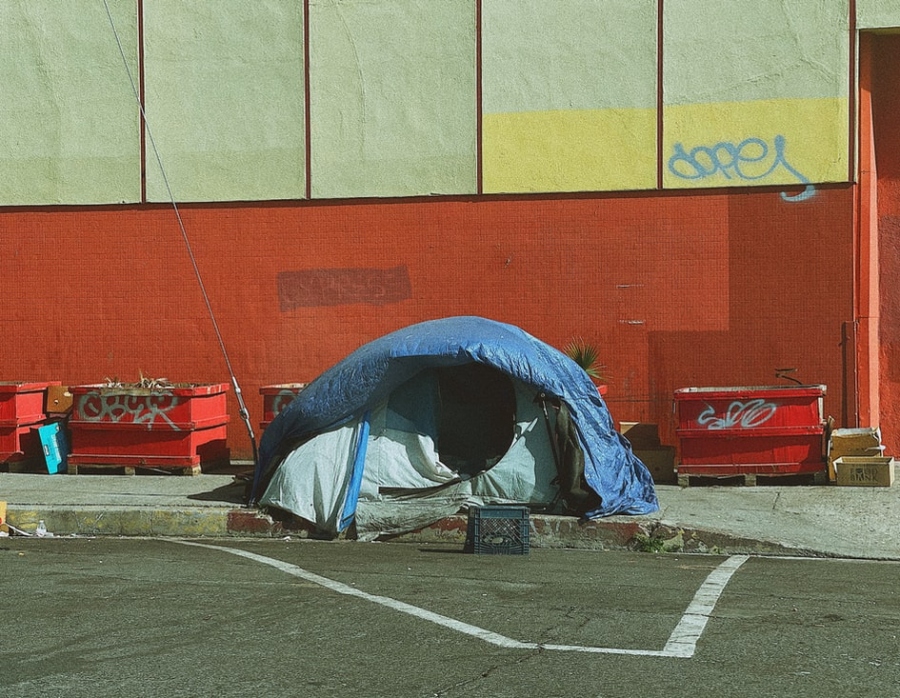Shelter is a basic human right that every individual strives to provide for themselves and their families. Natural disasters such as hurricanes, earthquakes, and volcanic eruptions could lead to the displacement of people. Besides, human factors such as conflict and violence could cause people to flee from certain regions or countries for safety. When people move from their location due to these factors, they become displaced and require aid to help them settle. The local community should provide support to the displaced to reduce suffering. Society should undertake the following measure to assist the displaced.
Food Provision
The events leading to the displacement of people are usually unprecedented. Therefore, individuals move without any food plan to safeguard their lives. When people are either internally or externally displaced, they suffer from hunger which threatens their lives. The local community and the government should strive to provide food to help the displaced to prevent death due to hunger.
Provision of Clothing
The displaced persons move to a new location without adequate clothing. The lack of clothing exposes the people to harsh weather conditions, which could lead to diseases. Besides, the lack of alternative clothes leads to a lack of body hygiene, increasing individual susceptibility to certain infections. Therefore, society should strive to provide the displaced with clothing to enable them to maintain body hygiene and provide protection against weather conditions.
Provision of Temporary Shelter
When natural or human factors force people to move away to safety, people leave their homes behind and move to a new environment. The displaced could settle in public utilities such as schools and churches, awaiting government intervention to provide them with better shelter. However, due to overcrowding, the facilities fail to offer shelter for prolonged periods. The local community, government, and humanitarian organizations can plan to provide camps to offer shelter in a short time as they plan for long-term intervention.
Provision of Opportunity for Self-Reliance
Most displaced people have the ability, skills, and strength to engage in an income-generating activity. Therefore, the local community and the government should provide the displaced with working opportunities to be productive and make an income to help them achieve self-reliance.
The displacement of individuals disrupts their day-to-day activity and denies them the opportunity to remain productive in their natural environment. People move away from their homes for the safety of their lives. The local community providing host to the displaced families can support them by providing immediate needs such as food and clothing. The local government and humanitarian organizations can seek the services of intermodal shelter systems to build temporary tents for the displaced. The government and the local community should also provide opportunities for the displaced to work and achieve self-reliance.

